Developing strategies to combat fake news proliferation
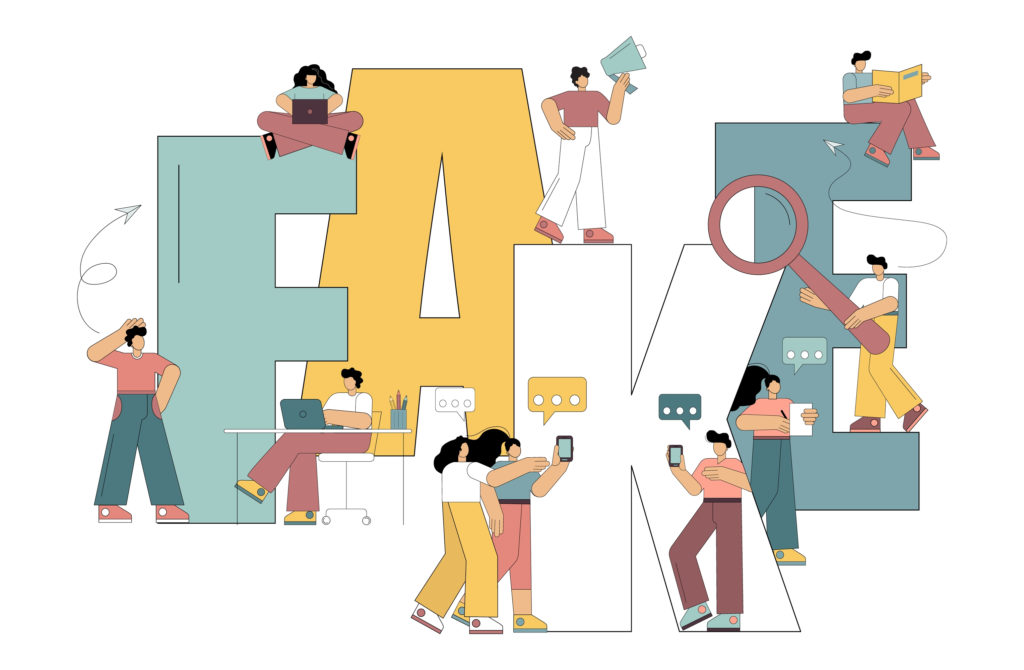
We have all been exposed to some form of fake news before whether we know it or not. Whether it’s COVID-19 vaccine information or political unrest happening in countries such as Hong Kong, many of us have trouble separating truth from lie. Even with fact-checking tools and credible sources of information, different people have different […]
Understanding air pollution risks: Case study of haze in Singapore
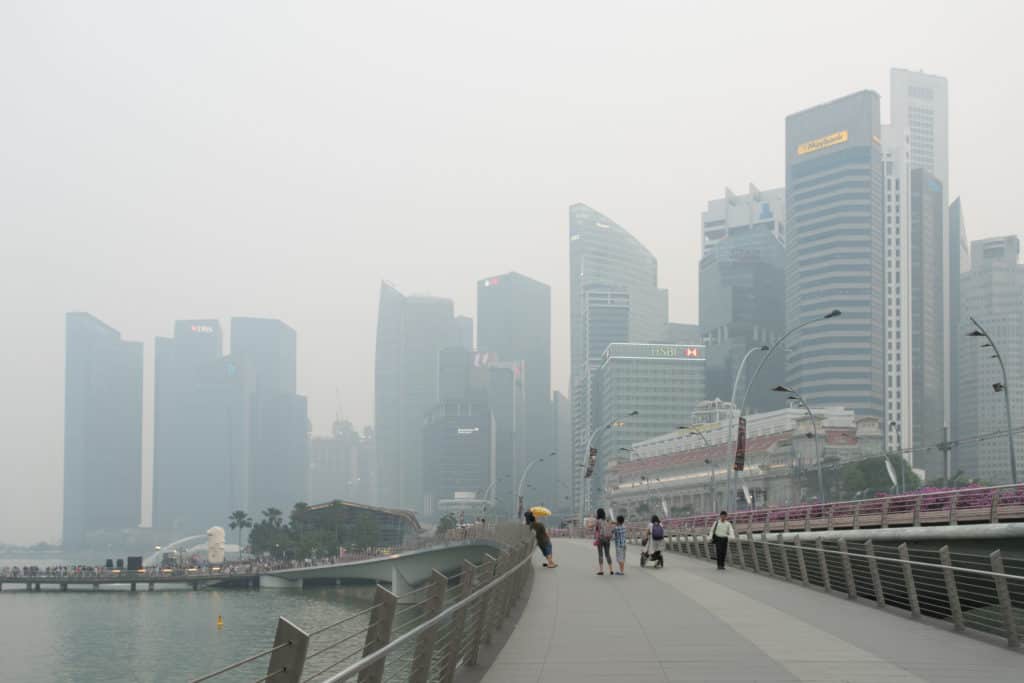
Ambient (outdoor) air pollution is one of the biggest environmental risk factors contributing to leading causes of death, including heart disease, stroke, lung cancer and other respiratory diseases[i]. With 9 out of 10 people breathing in polluted air globally, this silent killer contributed to an estimated 7 million premature deaths in 2016 according to the […]
Technological competency: Building a tool to increase confidence and adoption

A knowledge-based assessment tool has been developed to identify technological risk perception gaps in the built and construction industry, and subsequently design suitable strategies to bridge this gap and help end-users such as project managers be more proficient with technologies. If you’re not confident in using technology, you would probably have some reservations in using it – […]
Bone health and fall risks: A mind set change
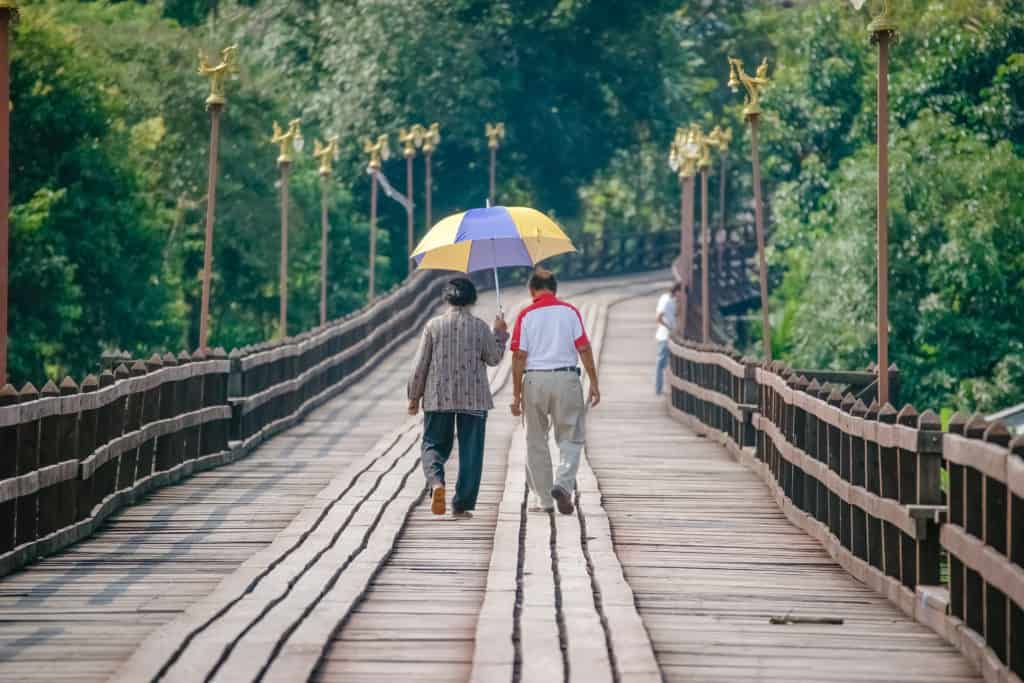
Many injuries affecting the older population are the result of falls, but falls themselves don’t just happen as people get older. More often than not, they usually occur due to one or several risk factors such as a pre-existing medical condition, safety hazards at home or in the community, and psychological factors such as depression […]
Adopting an integrated urban management system to counter water risks

Indonesian cities face some of the most severe water risks in the world. We might think of Indonesia as a tropical country with abundant water supplies but half of the country’s GDP is produced in river basins that already suffer high water stress during the dry season. The shortfall of supply over demand is expected […]
Putting into practice what she learned about climate change

From her motivations to her areas of interest in the field of risk communication in climate mitigation, Ng Kai Lin, an intern at IPUR, shares about her work and experience. What motivated you to pursue an internship with IPUR? I embarked on this internship on May 1, 2020, and while I was always interested in […]
A passion for environmental causes

Her passion for environmental issues fuelled her decision to pursue an internship with the Institute for the Public Understanding of Risk (IPUR) to explore the differences in how individuals perceive and respond to the risks of climate change. Foo Yu Lin was fresh out from graduating from the Bachelor of Environmental Studies and the University […]
Can we learn from experience for better crisis management?
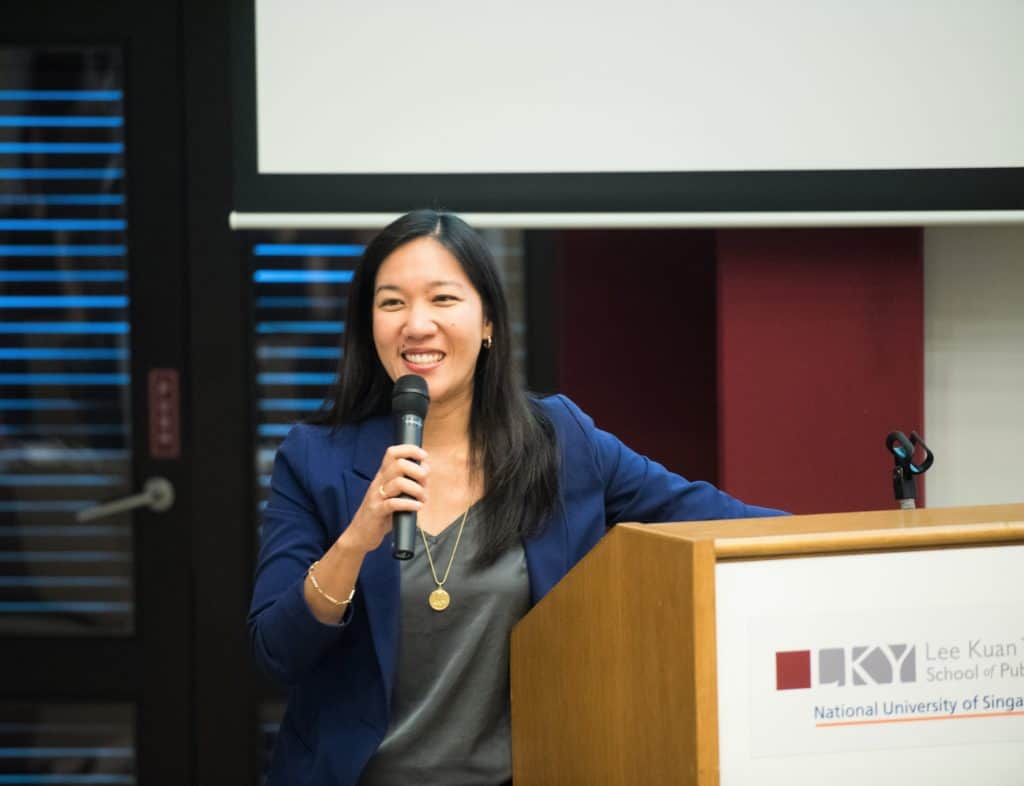
Like a train without brakes, COVID-19 continued its spread to countries all over the world despite global efforts to contain it. As at May 28, 2020, the World Health Organisation reported more than 350,000 deaths attributed to the pandemic. In this unprecedented crisis and time of deep uncertainty, the prevalence of fake news compounded the […]
Navigating big data to understand people’s behaviour in mitigating health risk

Accurate and timely insight and feedback is required for effective policy calibration. As countries across the world race to combat the COVID-19 pandemic, critical insights on the effects of policy on people’s behavior are urgently needed. Assistant Professor Jiang Shaohai (NUS Department of Communications and New Media) successfully employed a novel mixed-methods research framework to […]
Tapping on Citizen Science for Water Risk Data
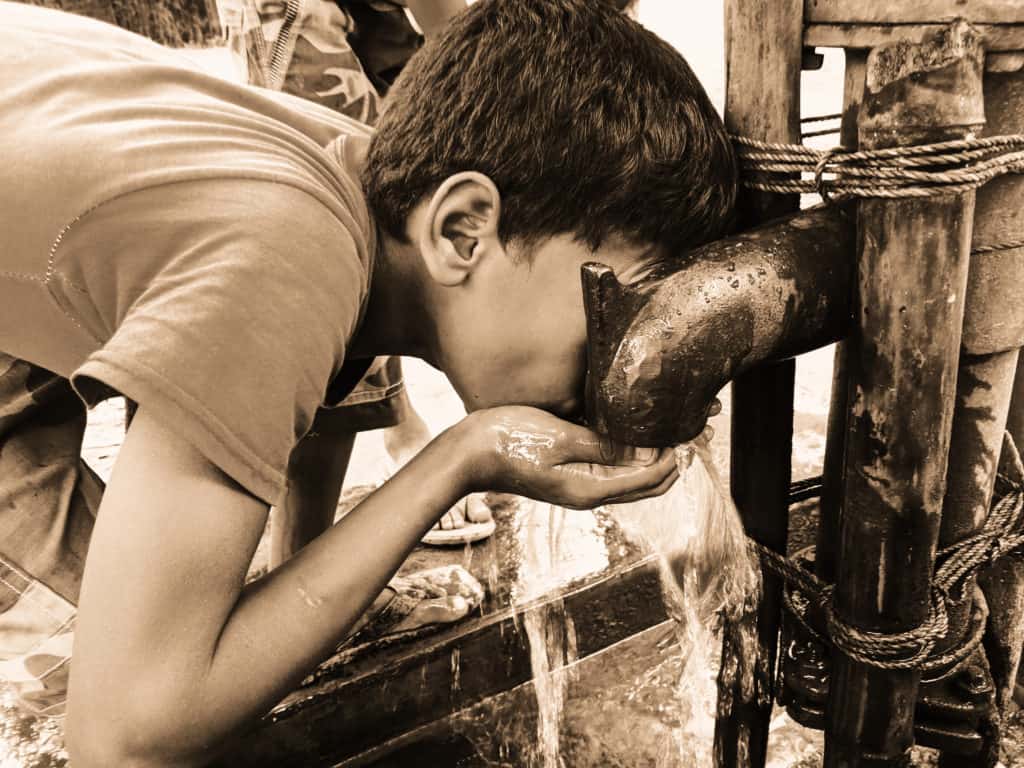
One million residents in Kathmandu, Nepal, now have access to better water supply information after water utility provider, KUKL, adapted and adopted a solution presented by a multi-disciplinary team comprising researchers from NUS IPUR, Imperial College London and Nepal Engineering College. The research project introduced a mobile application, Networking Water Data (NWdata) in Kathmandu to […]
